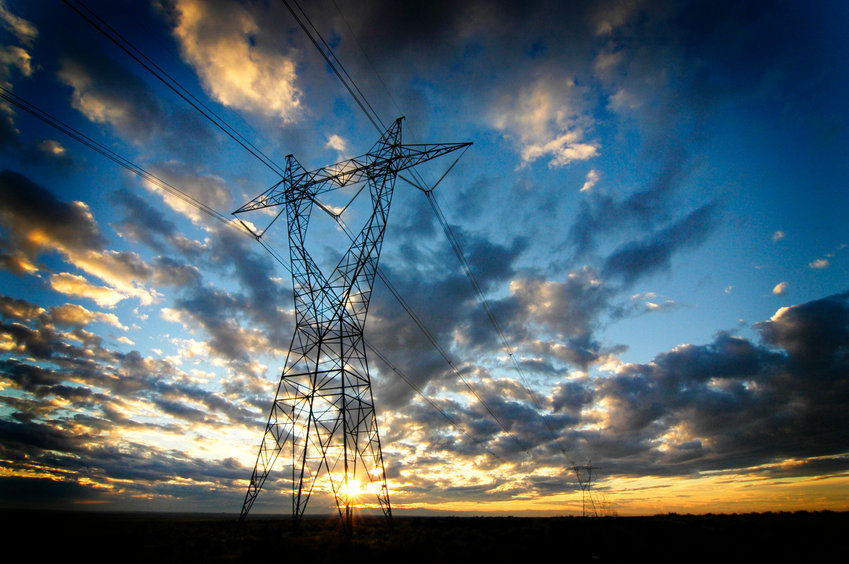In a setback for New England states’ efforts to switch from fossil fuels to green energy, voters in Maine have overwhelmingly rejected a 145-mile-long transmission line that would have brought 1,200 megawatts of hydropower from Quebec to Massachusetts.
The $950-million project was already under construction when the Nov. 2 referendum was held, with developers having already installed 100 poles in the dense forests of western Maine. But with Maine’s voters having turned down the New England Clean Energy Connect (NECEC) by 60% to 40%, the future of the project is in doubt.
The owner of the transmission line, Avangrid Inc., quickly filed a lawsuit in Maine Superior Court.
“This referendum effective tears up valid contracts, ignores the judicial and executive branches, and goes back in time to retroactively change the rules to stop a project just because it threatens the financial interests of fossil fuel generators,” Thorn Dickenson, CEO of NECEC Transmission LLC, a unit of Avangrid, said in a statement.
The referendum pitted Avangrid, Hydro-Quebec, power line builder Central Maine Power, Maine Governor Janet Mills (D), U.S. Energy Secretary Jennifer Granholm, and advocates of green energy against NextEra Energy Resources, a unit of NextEra Energy Inc. and owner of New Hampshire’s Seabrook nuclear plant, some existing New England power plants, and – as the results of the referendum show – the vast majority of Maine voters. Proponents and opponents of the project spent over $100 million trying to sway voters.
A Giant Extension Cord
Voters in Maine rejected the project primarily because they didn’t want to see their beloved north woods defiled by an ugly power line and the poles holding it up. The transmission line has been likened to a giant extension cord stretching through their forest that would only benefit people in Massachusetts.
The transmission line in Maine was first proposed in 2017 after a similar project that would have run through New Hampshire encountered stiff local opposition. Unlike wind and solar power, hydropower is reliable and not dependent on the weather or the time of day. But the electricity it generates must be transmitted over power lines.
Herein lies a problem for the much-trumpeted transition to “clean energy.” Wind and solar power are generally produced far from the homes and businesses that need it. That requires power lines that traverse great distances and invariably trigger local resistance. The recently passed infrastructure bill contains $7.5 billion in taxpayer funding for a network of 500,000 EV charging stations around the country. Each station will have to be served by electricity, and lots of it.
In New Hampshire and Maine residents rose up against two proposed power lines. Now that hundreds of thousands of power lines feeding EV charging stations are in the offing, it is certain that many of them are going to draw the ire of people living near them. As the nation prepares to host more solar arrays and industrial wind facilities, local resistance to them – in the form of lawsuits and referendums – will follow suit. Power lines – some of them hundreds of miles long – will attract the same kind of attention.
The Ruling Class’s Folly
Britain and Germany, two countries that are far more dependent on renewable energy (wind and solar) than is the U.S., are heading into winter with sky-high energy prices and a shortage of electricity. They, along with other European countries, are now scrambling to import Russian natural gas to keep homes, schools, and businesses warm until spring. Meanwhile, Joe Biden, who has gone to extraordinary lengths to snuff out American oil and gas production, is now begging OPEC+ to pump more oil as a way to counter rising gasoline prices in this country. But those rising gas prices are exactly what the White House wanted to see; it’s the political fallout from angry consumers Biden & Co. fear.
In orchestrating a grandiose transition to “clean energy,” global elites tell us they are combatting climate change. Their real war is being wages against ordinary people who will bear the brunt of the ruling class’s folly.
